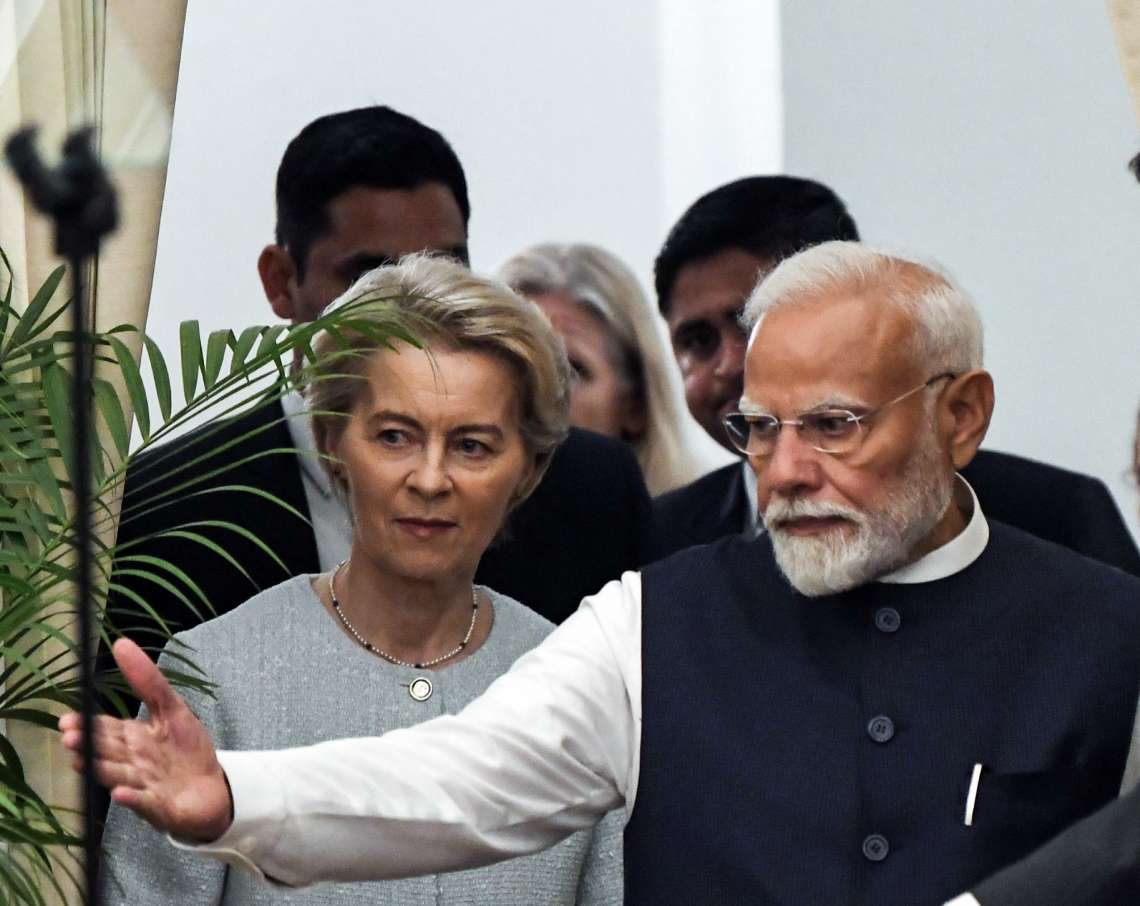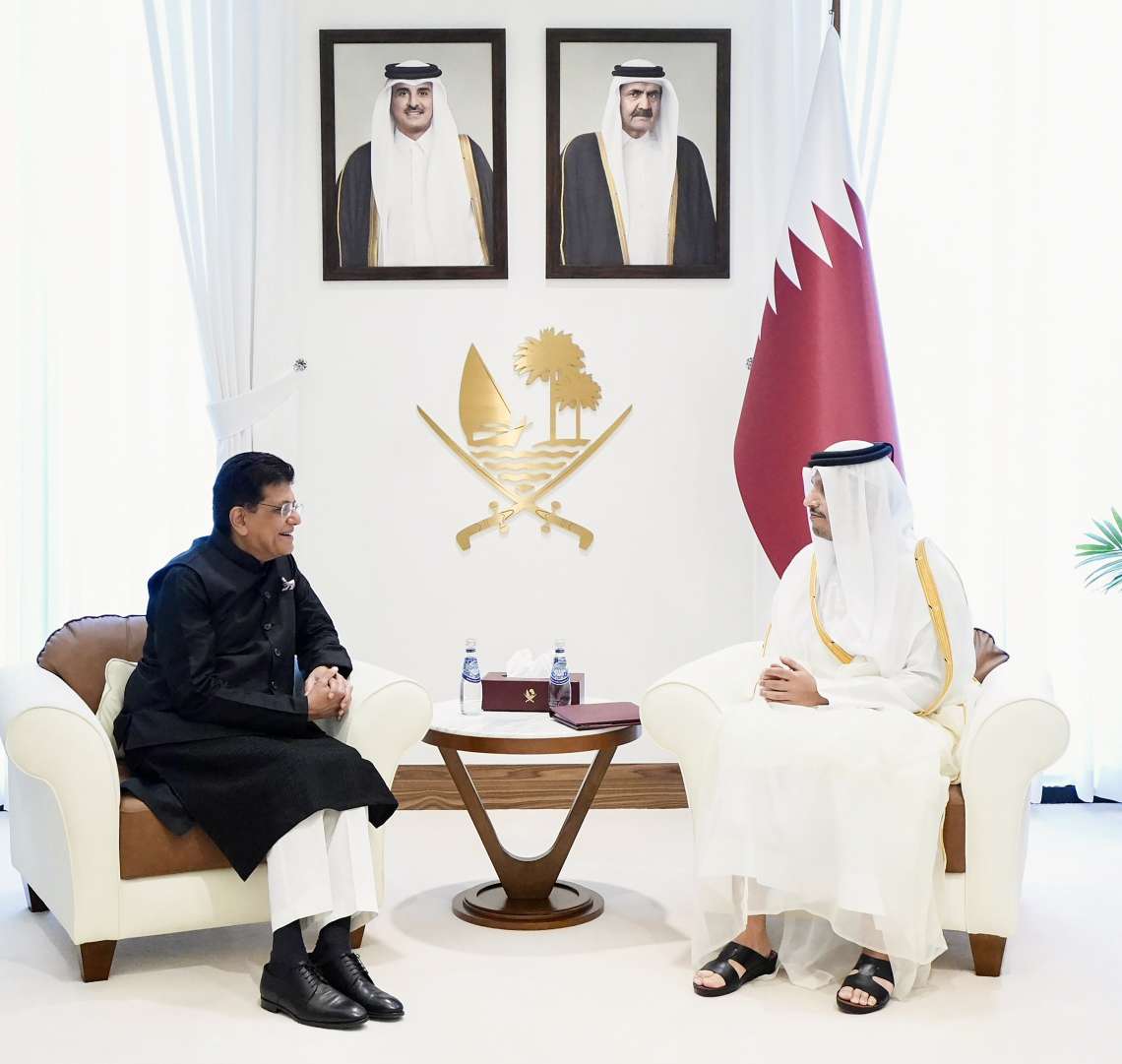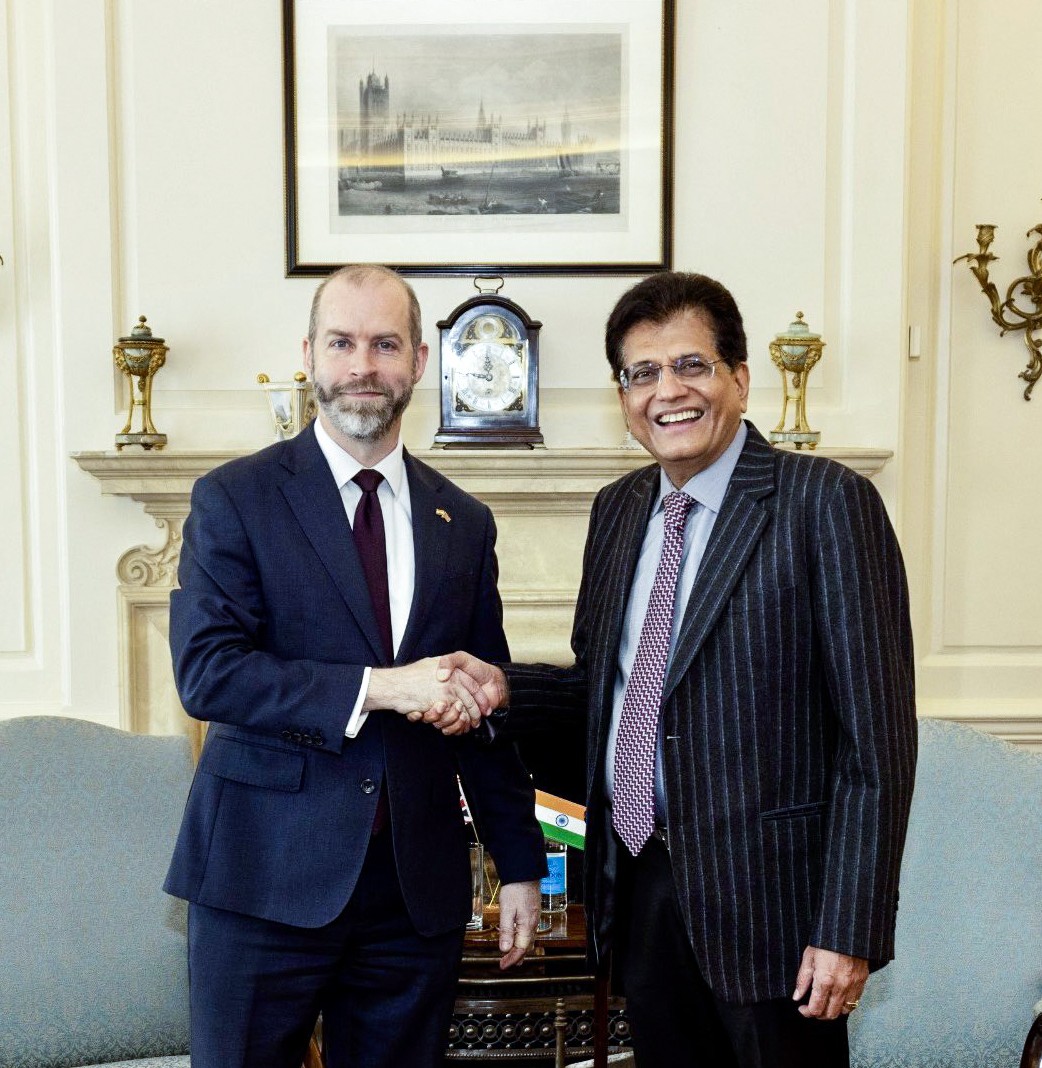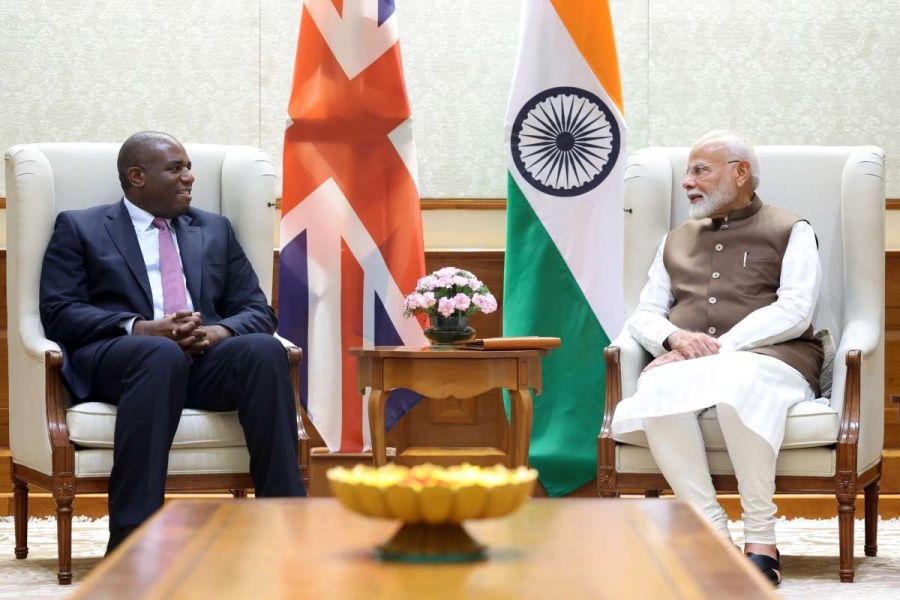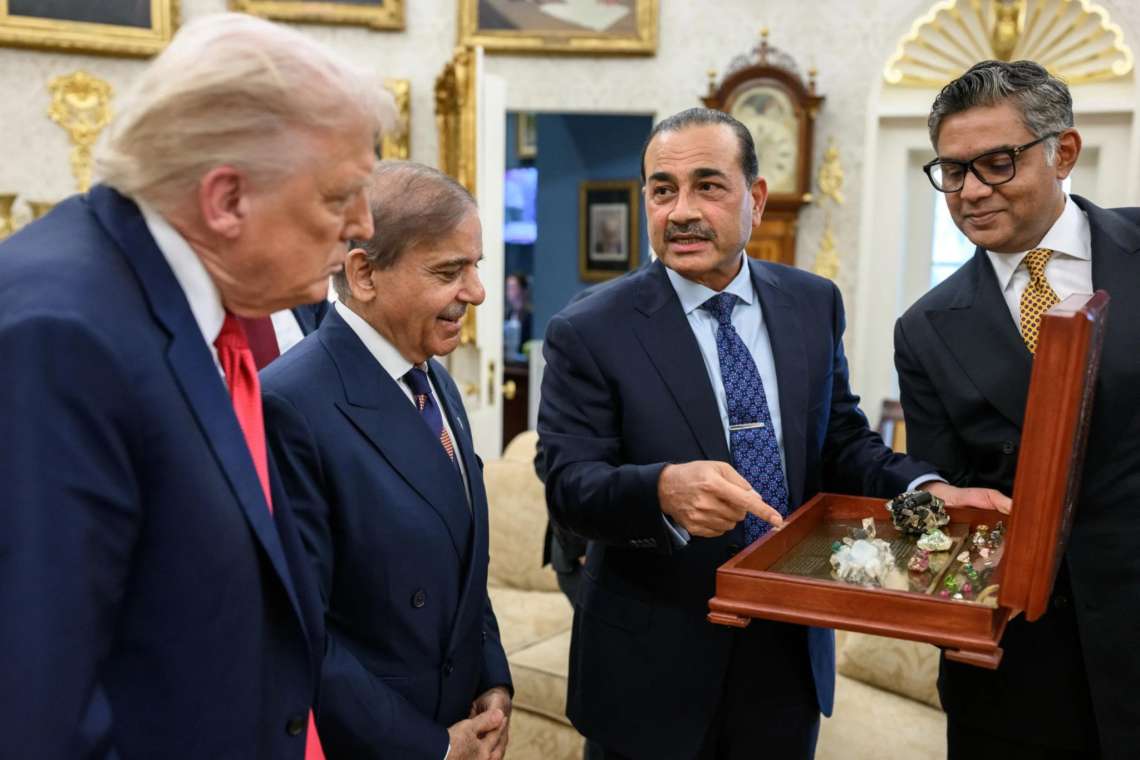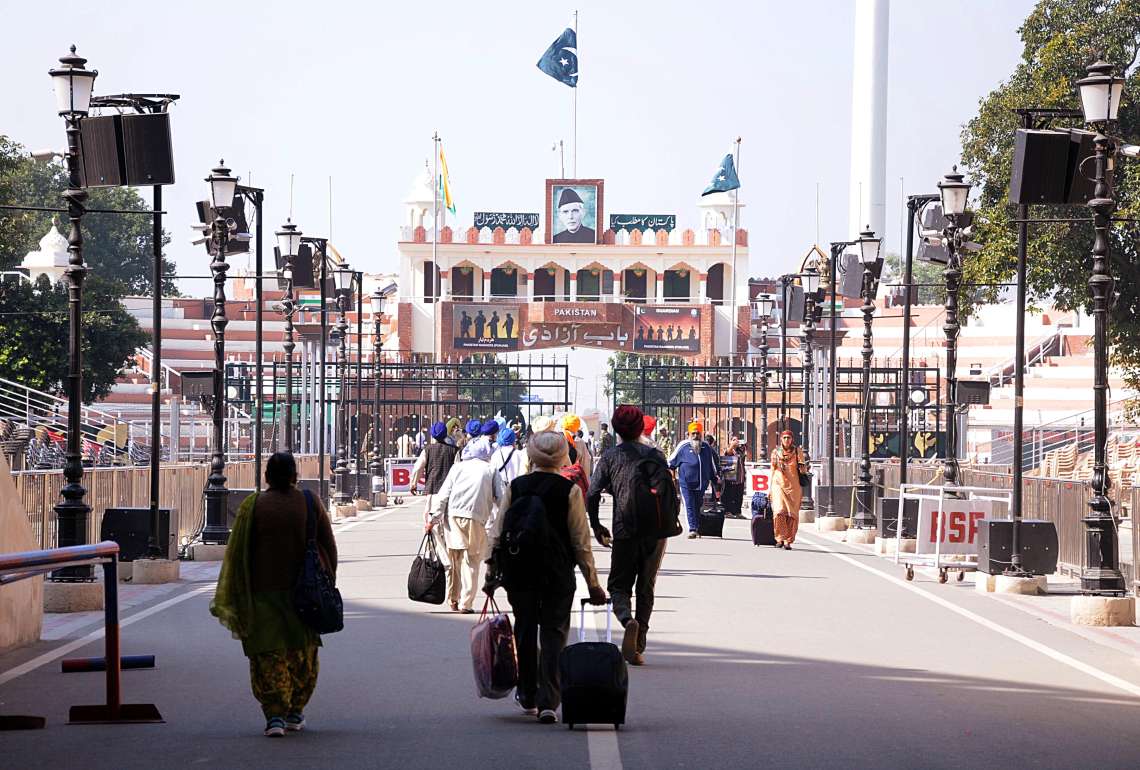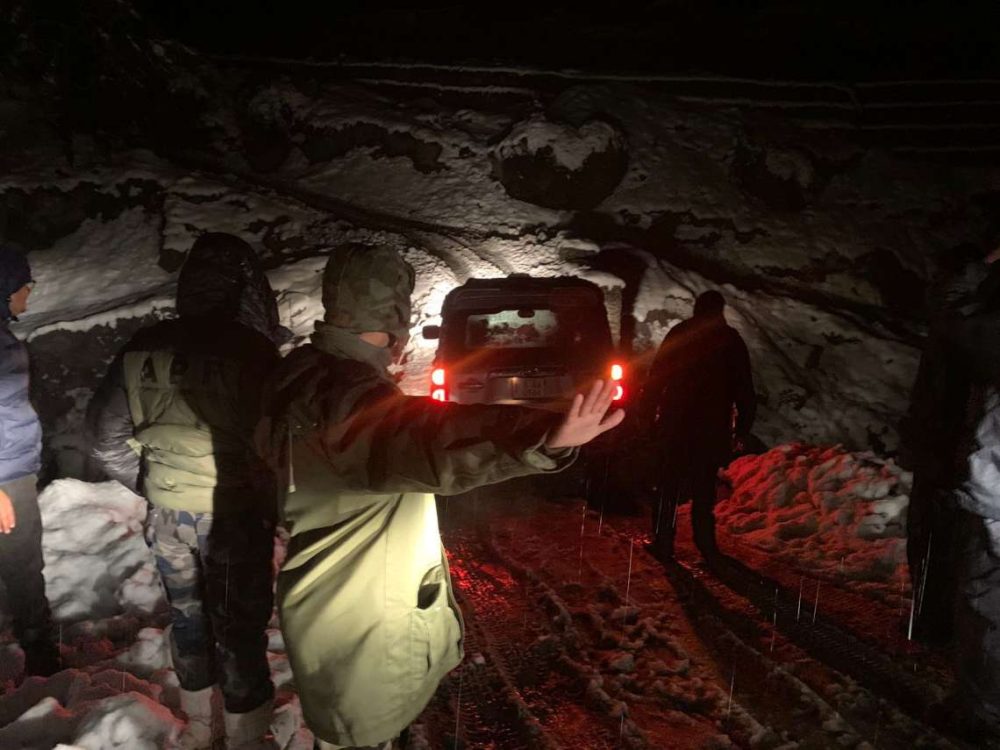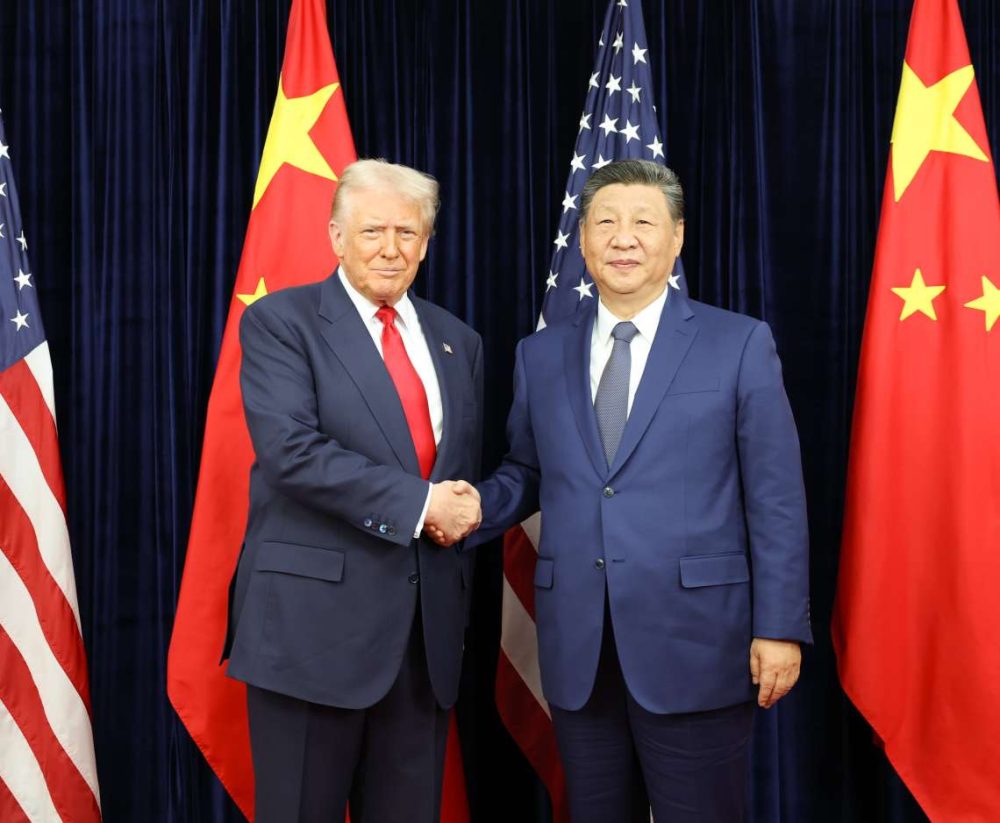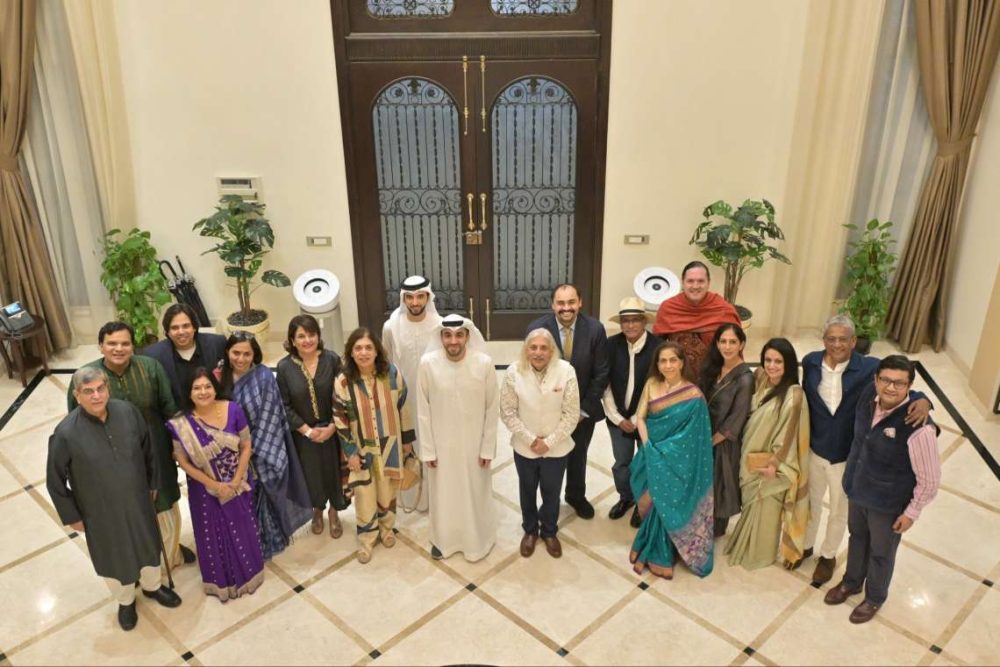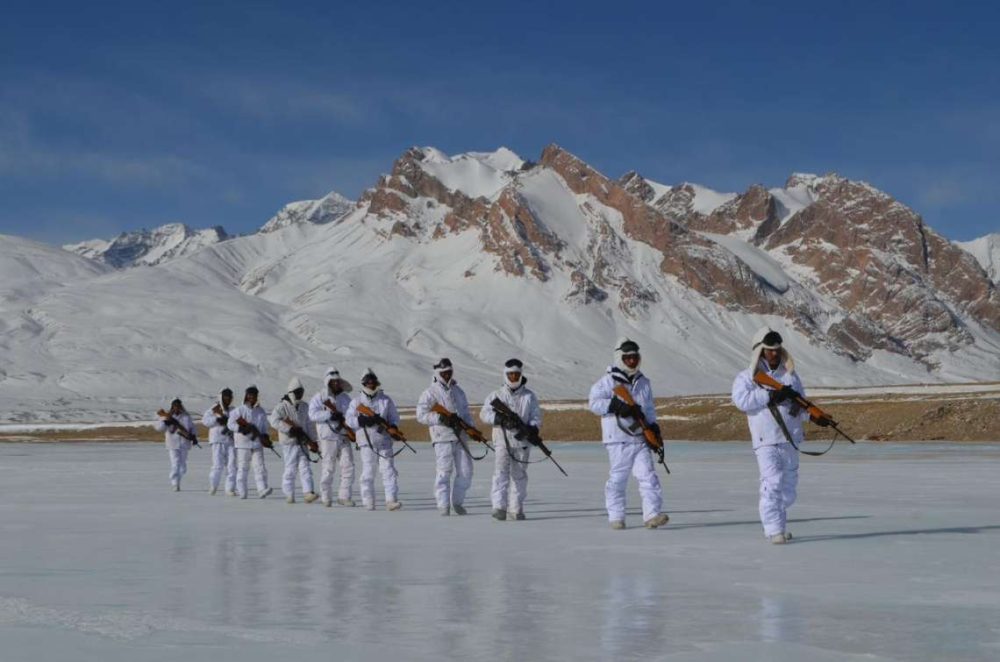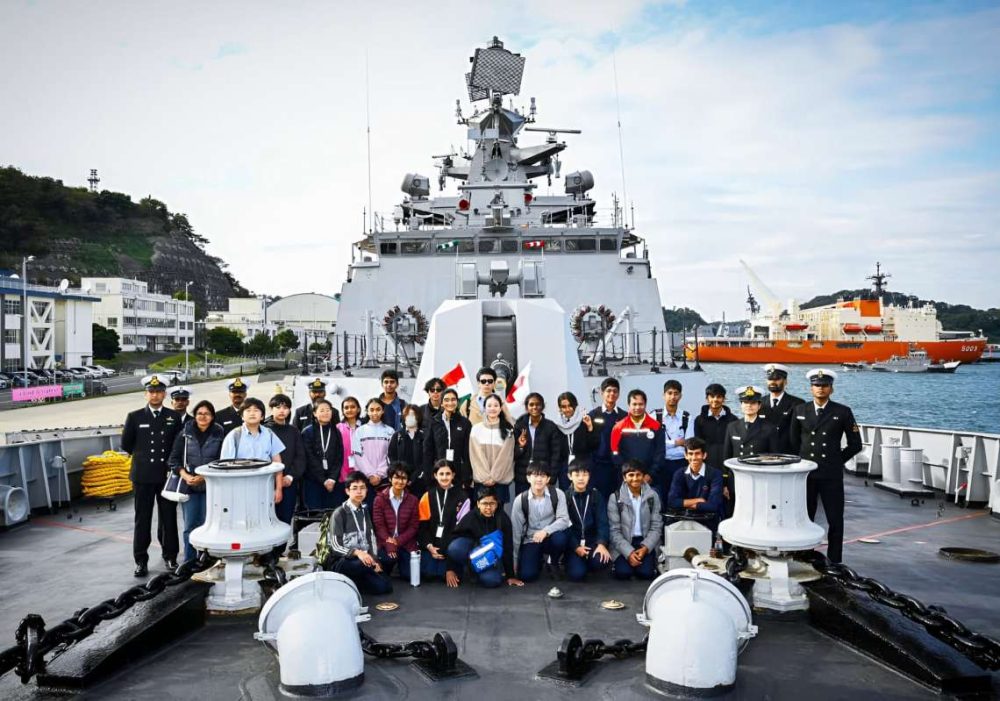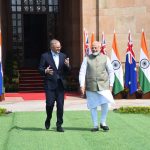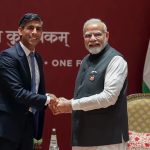Move will be a historic first for India marking deepening ties amid global geopolitical shifts
In a first for Indian diplomacy, New Delhi is set to invite the leadership of the European Union — European Commission President Ursula von der Leyen and European Council President Antonio Costa — as chief guests for the Republic Day celebrations next year. The move signals India’s growing engagement with Europe at a time of shifting global power dynamics and uncertainty in transatlantic relations.
The formal invitation process and official confirmation of acceptance are currently underway and are expected to be jointly announced by New Delhi and Brussels once the formalities are completed. The invitation to be the Republic Day chief guest carries significant symbolic and strategic weight. India traditionally uses the occasion to highlight and strengthen its key international partnerships, and the choice of guest is often an indicator of its foreign policy priorities.
The decision to extend the invitation to the EU leadership reflects the recent upswing in relations between India and the 27-member bloc. Ties have deepened considerably over the past year, particularly following the visit of the EU’s College of Commissioners to India in February, which marked a turning point in the partnership.
The move also comes against the backdrop of a new EU strategic agenda approved on October 20, aimed at elevating bilateral relations with India to a higher level. The agenda includes a commitment to finalise ongoing negotiations on a long-pending Free Trade Agreement (FTA) and to expand cooperation across technology, defence, security, and people-to-people exchanges.
Significantly, when the EU leaders arrive in India in January, the India–EU Leaders’ Summit, originally planned for early 2026, will be brought forward to coincide with the Republic Day visit. This has effectively set a year-end deadline for negotiators on both sides to conclude the FTA — a target agreed upon in February as part of the economic partnership roadmap between the two partners.
Commerce Minister Piyush Goyal, who is currently in Brussels, is holding talks with the EU’s Trade Commissioner Maros Sefcovic. The EU official described the discussions as an “intensive series of in-depth discussions,” adding in a post on X (formerly Twitter): “Strengthening relations through a trade and investment agreement remains a key priority. Fully committed to driving this important work forward and making real progress together.”
Negotiations on the proposed India–EU FTA have gained traction in recent months. Nearly half of the 23 chapters of the agreement have reportedly been closed, with talks continuing on remaining contentious areas such as agriculture, wine, automobile imports, insurance, and banking. The two sides are working under tight timelines to deliver a framework that could significantly boost trade and investment flows between India and Europe.
The dialogue between Prime Minister Narendra Modi and the EU leadership has also been frequent. Von der Leyen and Costa have spoken to Modi at least twice in recent months, including on September 17, the Prime Minister’s birthday. Their next engagement is expected on the sidelines of the G20 Leaders’ Summit in South Africa in November.
External Affairs Minister S. Jaishankar is also expected to visit Brussels for the Indo-Pacific Forum on November 20–21, while Kaja Kallas, the EU’s High Representative and Vice President, is likely to travel to India in December or early January. These high-level exchanges are paving the way for a tightly packed diplomatic calendar leading up to the Republic Day celebrations and the summit.
While there have been occasional divergences between India and Brussels — particularly over Delhi’s continued import of discounted Russian oil and its refusal to condemn Moscow’s invasion of Ukraine — officials on both sides believe that the areas of convergence far outweigh the differences. Cooperation on supply chain resilience, renewable energy, and digital technologies is strengthening, and the EU has expressed interest in aligning more closely with India’s Indo-Pacific strategy.
The timing of the deepening partnership is significant. Both India and the European Union are recalibrating their foreign policies amid growing uncertainty in the United States’ global posture under President Donald Trump’s administration. The EU, wary of the unpredictability of Washington’s approach to international alliances, has sought to position itself as a “predictable” and “reliable” partner for major economies like India.
For New Delhi, the decision to host the EU’s top leadership at the Republic Day parade — a ceremony steeped in political and diplomatic symbolism — represents both a recognition of Europe’s strategic importance and an assertion of India’s role as a key global player.
As preparations begin for what is set to be a landmark diplomatic event, the optics of the EU leadership presiding over India’s most celebrated national occasion will underscore a new chapter in the relationship between two of the world’s largest democracies and economic blocs. The visit will also signal the growing convergence of interests across trade, technology, and global governance — areas where India and the EU are increasingly aligned in their outlook and ambitions.
If the visit proceeds as planned, the Republic Day of 2026 will mark not only a celebration of India’s democratic heritage but also a vivid display of its expanding global partnerships — with Brussels taking centre stage as a symbol of shared values and strategic cooperation in an uncertain world.


